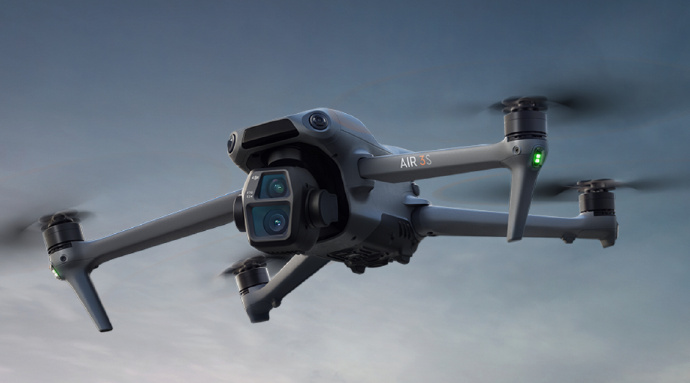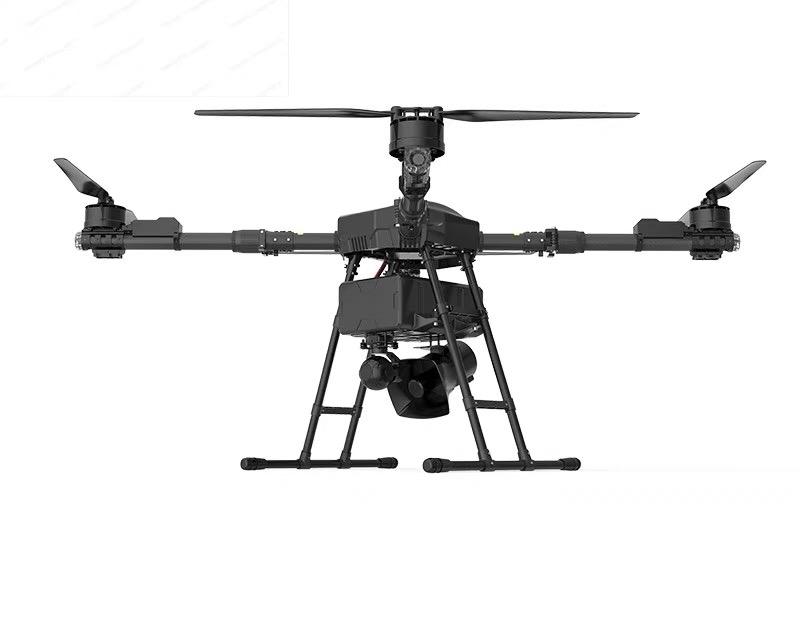The ongoing conflict between Ukraine and Russia has introduced new dimensions in modern warfare, prominently featuring the strategic use of drones. In recent months, Ukraine has reportedly executed several drone strikes within Moscow, leading analysts to reassess the impact of such operations on both political and military fronts.
Understanding the Significance of Drone Warfare
Drones, once primarily used for surveillance, have evolved into sophisticated weapons capable of strategic strikes. The attacks attributed to Ukraine in Moscow are not merely a demonstration of technological prowess but also a tactical message to Russia, emphasizing vulnerability even at their core.
Objectives Behind Ukraine’s Drone Strategy
From a strategic standpoint, Ukraine seeks to achieve multiple objectives through these operations. Firstly, it aims to disrupt the political calm within Russia’s capital. Such disturbances can weaken morale and cause political tremors. Secondly, these strikes are leveraged to test and potentially expose gaps in Russia’s defense mechanisms, forcing them to reallocate resources and focus away from front-line engagements.
Finally, Ukraine uses drone warfare as psychological tools, instilling an ever-present sense of danger, thus bringing the reality of war directly to the doorstep of Russian citizens.
The Tactical Execution of Drone Strikes
The precision with which these attacks are carried out speaks volumes about Ukraine’s military intelligence and operational capabilities. The drones are designed to evade radar and defense systems, targeting strategically significant locations without causing excessive collateral damage, which is critical in maintaining international support.
Impact on Moscow and Broader Implications
The effects of these drone attacks extend beyond immediate physical damage. They shift the psychological battleground by instilling a sense of vulnerability and urgency among the citizens and government officials in Moscow. Additionally, these strikes serve as catalysts for diplomatic reconsideration by other countries, potentially influencing future geopolitical alignments.

Experts argue that drone technology could redefine the landscape of warfare, where traditional air superiority might be contested by more agile and cost-effective systems.
What Could the Future Hold?
The development of defensive technologies will likely race against the advancements in drone capabilities. Meanwhile, doctrines surrounding conventional warfare might evolve to accommodate these autonomous systems. Ukraine’s persistent use of drones highlights the possibility of similar strategies being adopted worldwide.
Frequently Asked Questions

Q: Why are drone attacks significant in modern warfare?
A: They offer a tactical advantage by targeting critical assets with precision while minimizing risks to personnel, reshaping the battlefield dynamics.
Q: How do drone strikes affect civilian morale?
A: Drone strikes can instill fear and vulnerability, potentially altering public sentiment and pressure on political structures.
Q: What defensive measures can be implemented against drones?
A: Implementing advanced radar systems and intercept capabilities can mitigate threats posed by drones, necessitating continuous technology development.